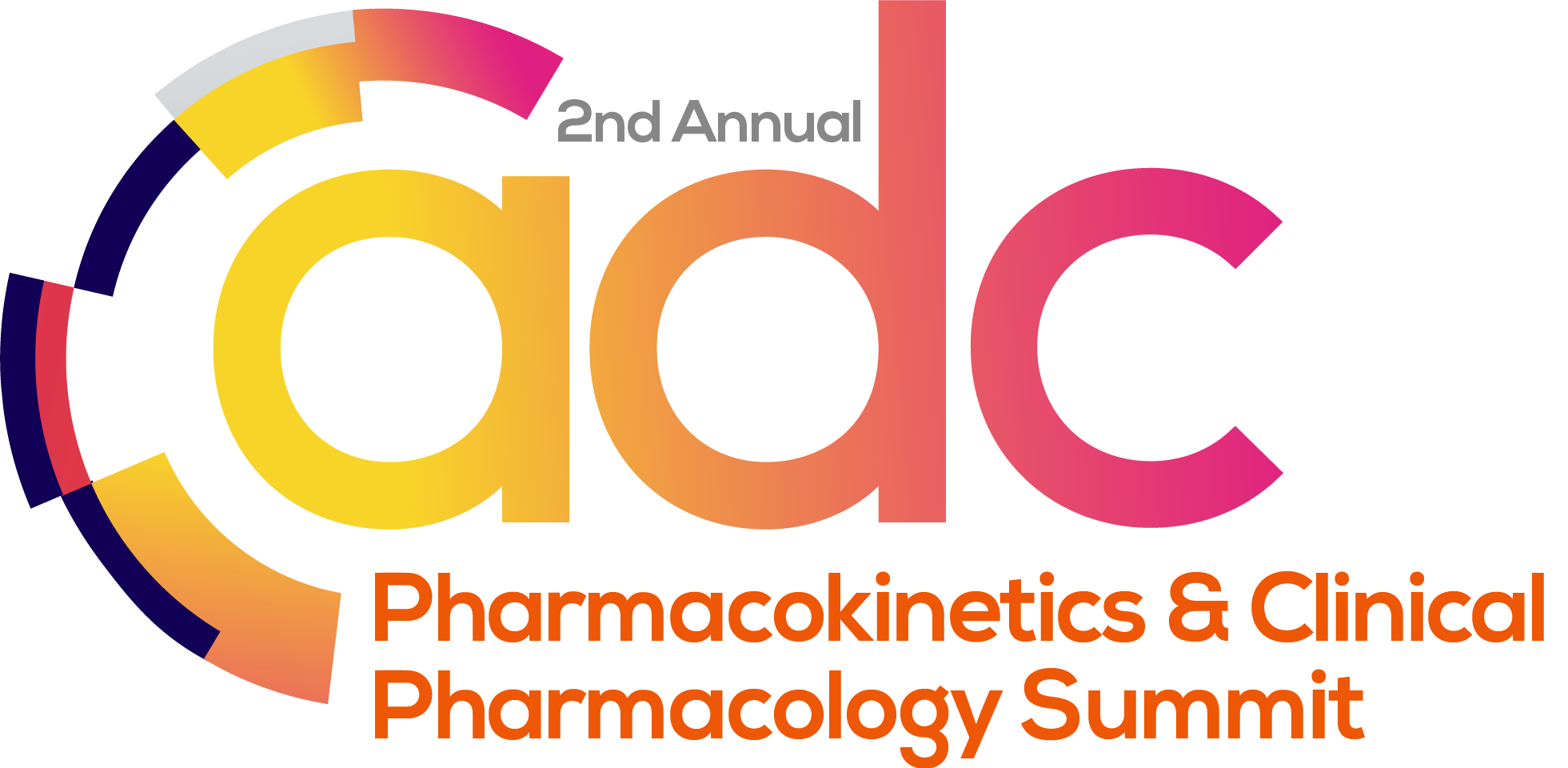Conference Day One
8:00 am Morning Registration & Coffee
8:50 am Chair’s Opening Remarks
Accelerate Progress in ADC Clinical Trials & Balance Safety & Efficacy by Navigating Dose Selection Strategies & Adapting to Project Optimus Frameworks
9:00 am Dose Optimization of Antibody-Drug Conjugates & Exploring the Relevance of Exposure-Response Relationships
Synopsis
- Exploring challenges with dose optimization for ADCs
- Understanding the relevance of PK/PD and exposure-response relationships to dose optimization
- Case example: Enfortumab vedotin dose optimization and clinical success
9:30 am Surrogate Endpoints in Oncology Dose Optimization Strategy
Synopsis
- Challenges in dose optimization for oncology narrow therapeutic index compounds
- What surrogate endpoints might be helpful for dose optimization when look at early (less mature) efficacy and safety data?
10:00 am Morning Break & Speed Networking
Synopsis
This is your opportunity to get face-to-face with many of the brightest minds in ADC development who are working in DMPK, PK/PD, pharmacometrics and clinical pharmacology.
11:00 am Application of Clinical Pharmacology Analyses Across ADCs with a Common Payload
Synopsis
- Using shared payload PK/PD to guide dose and safety
- Applying cross-ADC exposure-response learnings
- Streamlining development via common modelling
11:30 am Roundtable Discussion: How Stable Should an ADC Be? Aiding with PK Predictability & Risk-Benefit Ratio
Synopsis
- Discussing the balance between ADC stability and release kinetics to optimize pharmacokinetics and therapeutic effect
- Exploring how stability influences safety risks and the overall benefit-risk profile in clinical settings
- Sharing perspectives on designing stability profiles that support predictable PK and maximize patient benefit
12:30 pm Lunch Break & Networking
Prioritizing Patient Experience through Dosing Type & Clinical Pharmacology Perspectives
1:30 pm Roundtable Discussion: Subcutaneous vs. UV Dosing: Different Approaches Required for Changing Dosing from a Clinician’s Perspective
Synopsis
- Comparing the patient experience and practical considerations of switching from IV to subcutaneous dosing
- Understanding how route of administration impacts PK, tolerability, and trial design decisions
- Exploring what it takes to make the transition between dosing routes work for patients and studies
2:30 pm Afternoon Break & Scientific Poster Session
Synopsis
This is an informal session to help you connect with your peers in a relaxed atmosphere to forge new and beneficial relationships. With an audience of ADC experts working in DMPK, PK/PD, pharmacometrics and clinical pharmacology, you will have the opportunity to display a poster presenting your own work*. Additionally, you will have the chance to review others’ posters displaying cutting-edge research from drug discovery through to exciting clinical trial updates.
Leveraging Mechanistic Modelling & Regulatory Guidance to Enhance Dose Selection & Improve Clinical Outcomes in ADC Development
3:30 pm Utilizing Advances Modelling to Elucidate ADC Drug Delivery: Format, Target Binding, & Payload Prediction
Synopsis
- Applying cutting-edge models to understand how ADC structure impacts drug delivery and target engagement
- Predicting payload release and distribution to optimize therapeutic impact and minimize off-target engagement
- Leveraging modelling insights to refine ADC design and support rational dose selection in clinical development
Employing Quantitative Systems Pharmacology to Encourage Clinical Dosing Success & Aid Trial Design
4:00 pm Exploring the Design of Selectively-Targeted Payloads with Quantitative Systems Pharmacology
Synopsis
- There is emerging interest in developing ADCs with selectively-targeted payloads such as protein inhibitors and degraders
- Empirically or intuitively optimizing the design of such non-traditional ADC is challenging
- Highlighting some new guiding principles for designing non-traditional ADCs via a deep-dive on degrader antibody conjugate design, guided by vignettes of integrated lab-to-model workflows powered by Quantitative Systems Pharmacology
